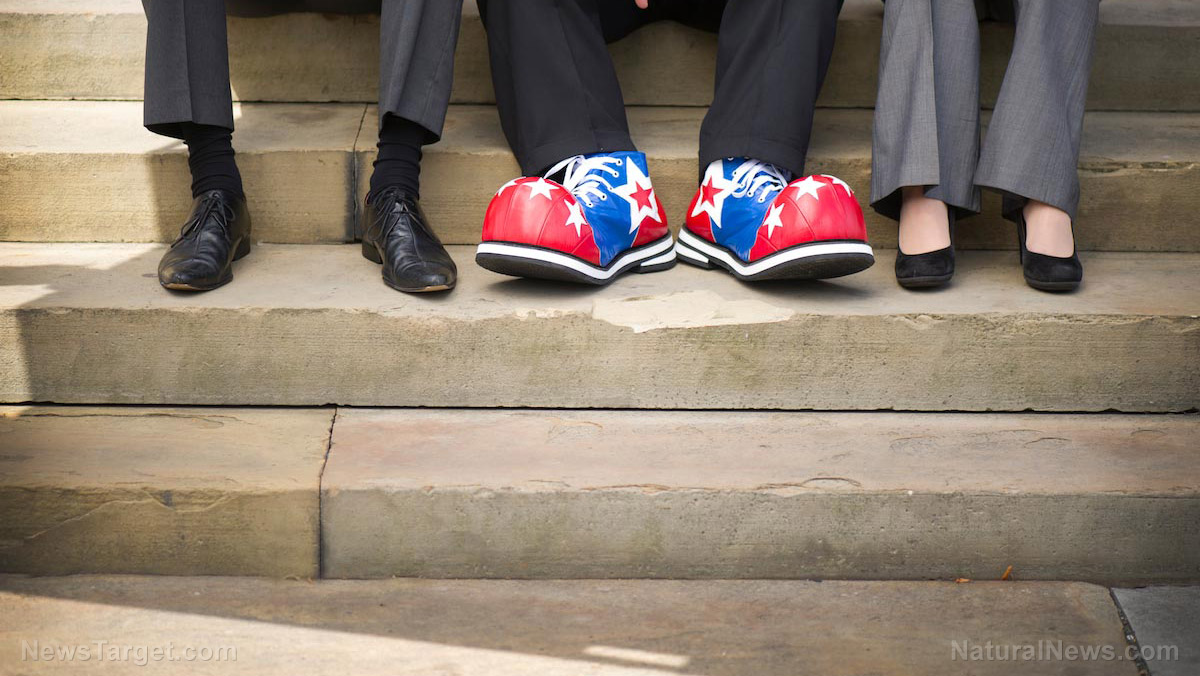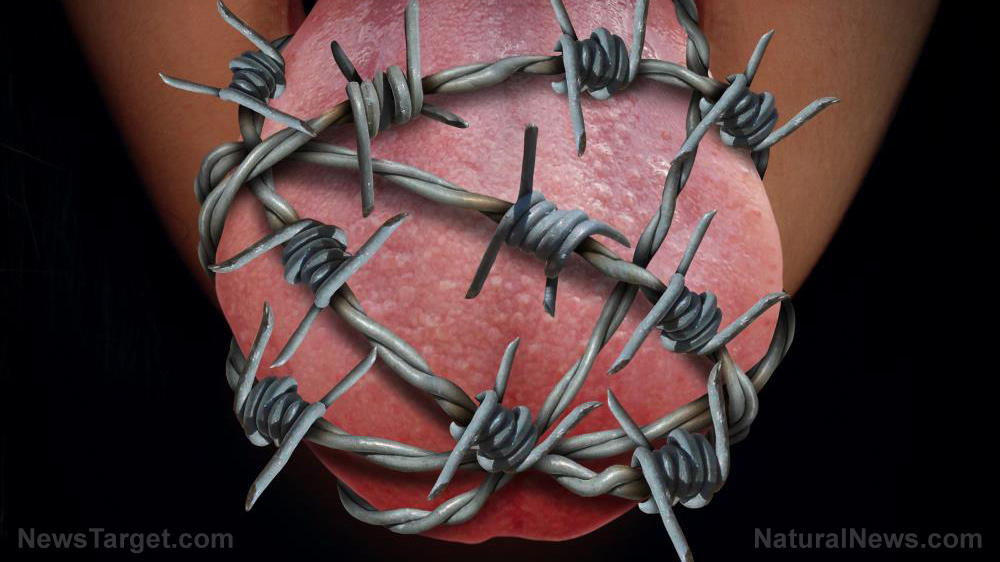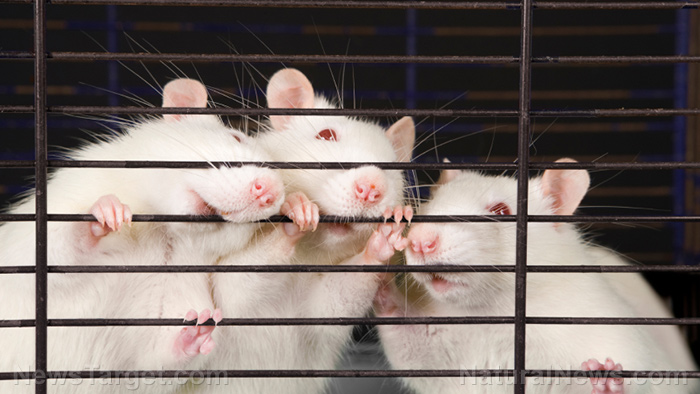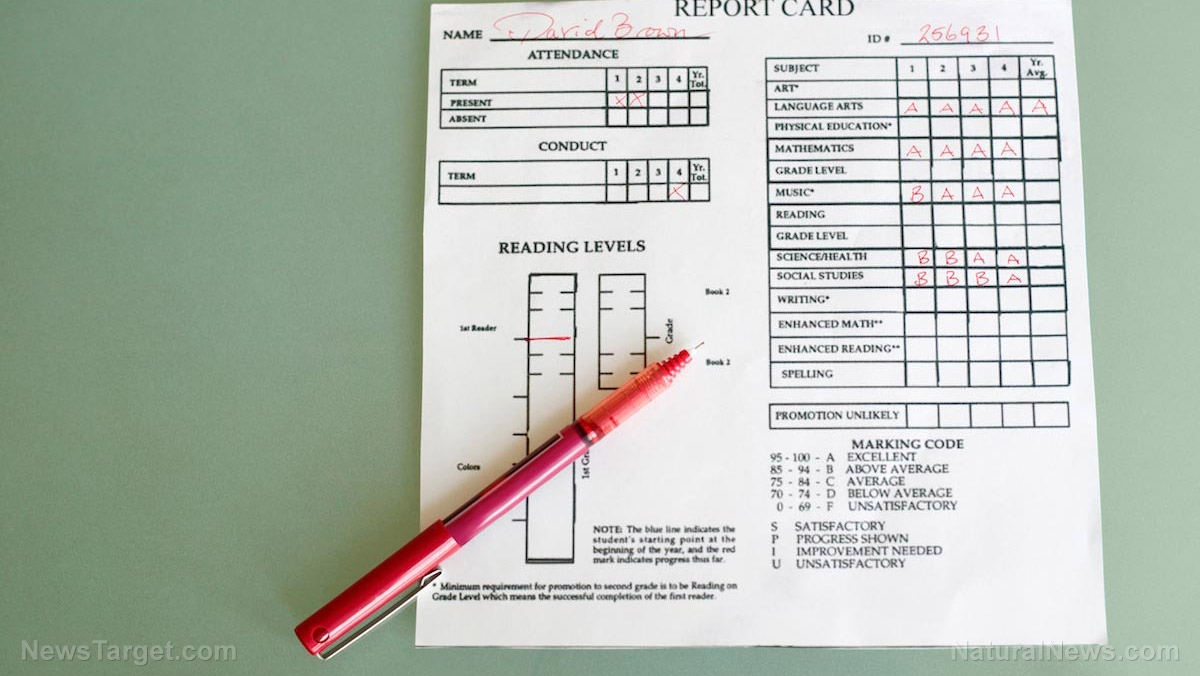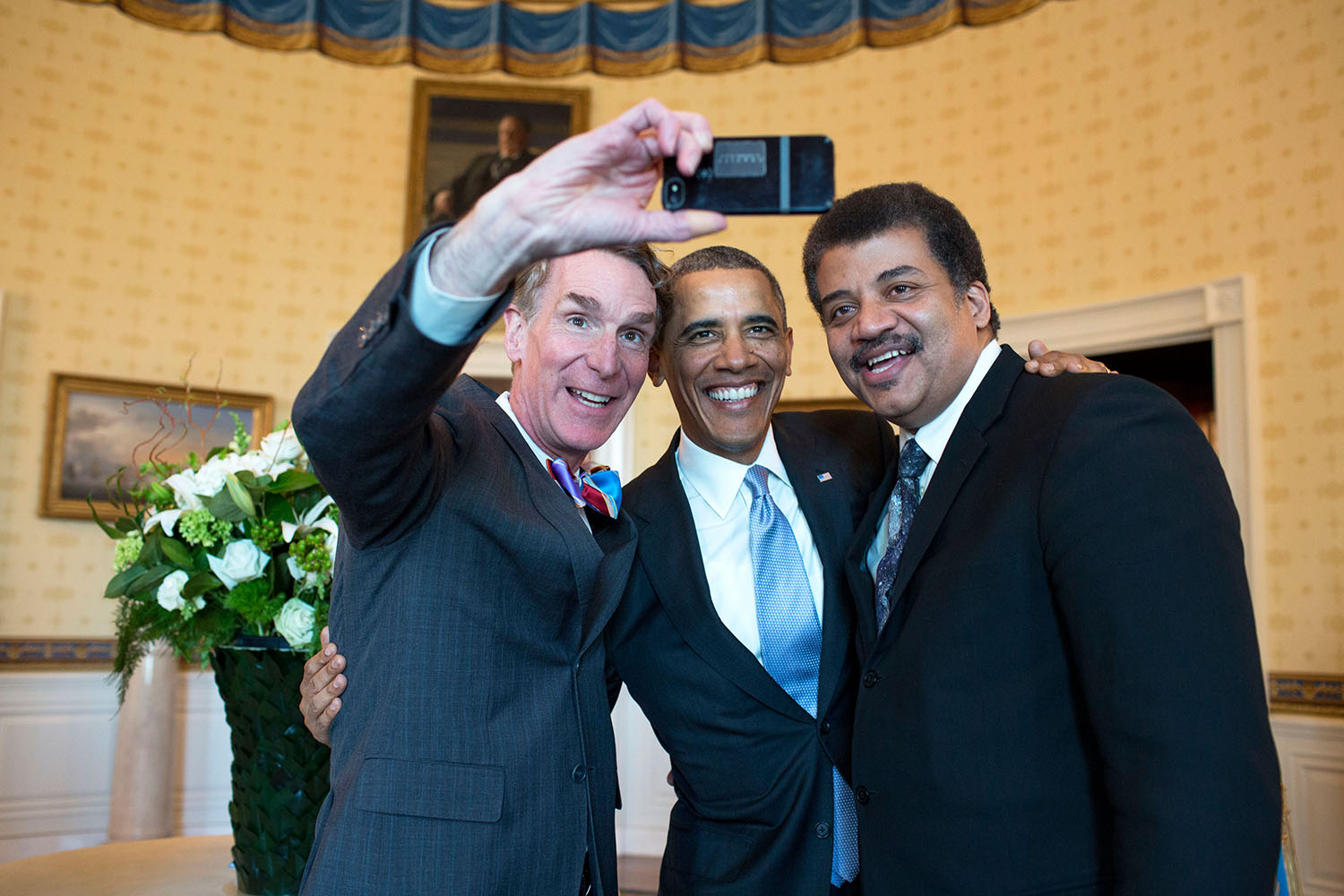Human Rights groups urge Congress to ban gender alteration surgery on “intersex” youth
08/06/2017 / By Ethan Huff

Gender confusion continues to run amok in modern society as a growing number of children are reportedly being born with abnormal genitalia that has both male and female characteristics. Such children are dubbed as being “intersex,” and many of them end up undergoing surgery in order to make them either male or female. But the American Medical Association (AMA) is proposing a blanket ban on such surgery, at least on intersex children that are really young, because it supposedly violates their human rights.
Whether the consequence of chemical violence, genetic aberrations, covert medical experimentation, or some combination of all of these, the intersex phenomenon is most certainly real, and many children born as such have gone on to live healthy, normal lives after being surgically assigned to one sex or the other. But Human Rights Watch (HRW) and InterACT say that intersex children need to be allowed to make this decision for themselves once they’re old enough to understand what’s going on, rather than be subjected to surgery by their parents as infants.
In a new report published by HRW, the group contends that intersex surgical procedures have lifelong repercussions, and that it’s important for intersex individuals to have a say in whether or not they become male or female. Because surgical procedures to this end can lead to serious pain, sterilization, the loss of sexual sensation, and various other health complications, it should be a decision that intersex people, and intersex people alone, should make about their own bodies.
“The results are often catastrophic,” the report contends about intersex surgeries. Performing them on very young children, it adds, “can inflict irreversible physical and psychological harm.”
Is anti-surgery agenda for intersex children a ploy to push the transgender narrative?
The purpose of intersex surgery isn’t to harm intersex individuals, of course – it’s to offer them a chance at a normal life just like everyone else. Assigning a child to become either male or female depending on that child’s particular set of abnormalities is something that parents should be free to make in the best interests of their own children, advocates say.
But HRW and other groups disagree, claiming that not only should parents not be allowed to make this decision for their young children, but that doing so doesn’t always ensure that an intersex child will go on to live a healthy, normal life. Some intersex children may have wanted to become the opposite sex of what they were assigned, the group claims, leading to more problems both physically and psychologically.
“The pressure to fit in and live a ‘normal’ life is real,” says Kyle Knight, a researcher with Human Rights Watch and the report’s author. “But there is no evidence that surgery delivers on the promise of making that easier.”
The only time when intersex surgery should be allowed on young children who can’t consent to such, HRW and its allies say, is when a life-threatening circumstance arises that requires some type of emergency intervention. When an intersex child’s life is at risk, in other words, it may be appropriate for parents to intervene.
It could be argued that this whole debate directly ties into the growing push for acceptance of transgenderism as normal. If teenagers and adults are allowed to decide for themselves which gender they want to be, then why shouldn’t young children with questionable sex organs?
The narrative also has tinges of anti-parental authority over their own children. The AMA’s suggestion that intersex surgeries be completely outlawed for children who can’t consent to them directly interferes with parental rights, creating a slippery slope for more government usurpation of parental authority over children.
Sources for this article include:
Tagged Under: ban, human rights, intersex, medical ethics, surgery, transgenderism




